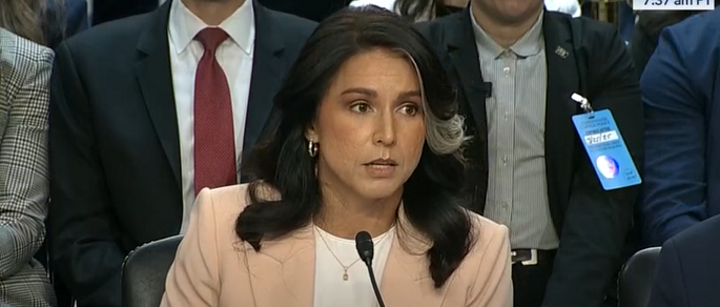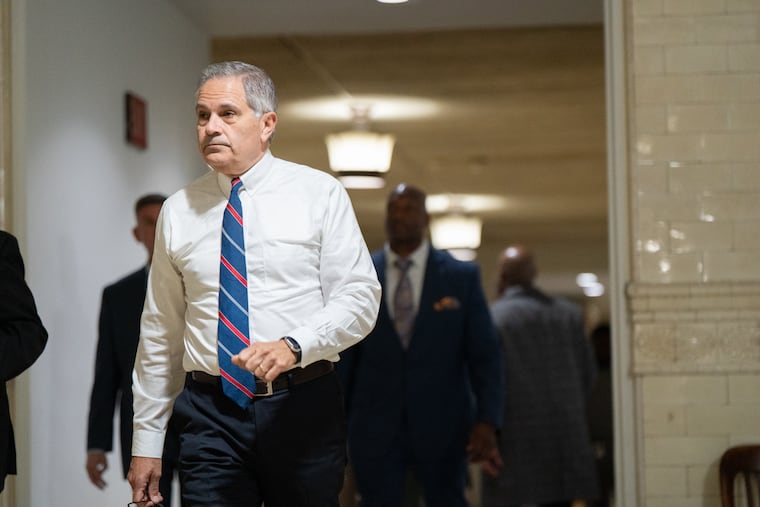Trump and Gabbard Discuss Iran’s Nuclear Capabilities

In a recent discussion surrounding Iran’s nuclear ambitions, President Donald Trump and Tulsi Gabbard, the Director of National Intelligence, presented diverging views. Gabbard, addressing the Senate Intelligence Committee on March 25, underscored an assessment from the Intelligence Community stating that Iran is not currently pursuing a nuclear weapon. Furthermore, she indicated that Supreme Leader Ali Khamenei has not authorized any nuclear weapons program since its suspension in 2003.
Conversely, President Trump expressed concern during a June 17 interview, asserting that Iran is “very close” to acquiring nuclear capabilities. However, Gabbard has maintained that both she and the President ultimately share similar viewpoints on the risks posed by Iran, clamoring for more in-depth media scrutiny into her comprehensive remarks during the March hearing.
Gabbard pointed out that while Iran has no active nuclear weapons program, it is persistently enhancing its regional influence and military capabilities, which includes an arsenal of ballistic missiles and UAVs. She emphasized that the Intelligence Community keeps a vigilant eye on any potential reauthorization of Iran’s nuclear agenda. The perception of escalating discussions about nuclear weapons within Iran is noteworthy, as is the record accumulation of enriched uranium, which has prompted worry among global observers.
Critically, Gabbard’s statement clarified that Iran’s enriched uranium stockpile is alarmingly high for a nation that does not possess nuclear weapons. Nevertheless, experts estimate that while Iran could theoretically produce weapons-grade uranium rapidly, the more complicated task of assembling a nuclear weapon would take several additional months. This nuance is essential to understanding the current landscape, as the urgency that the President conveys needs to be contextualized against the actual timelines and technical challenges of nuclear weaponization.
While acknowledging existing differences in tone, officials have remarked that both Gabbard’s and Trump’s assertions are essentially compatible when considering the comprehensive context of Iran’s nuclear potential. Additionally, officials from the International Atomic Energy Agency have noted that Iran’s senior officials assert that the use of nuclear weapons stands in contradiction to the principles of Islamic Law, reflecting a commitment to regional stability.
In light of these developments, stakeholders in the region, including nations like Saudi Arabia and the UAE, continue to engage diplomatically, fostering relationships that promote mutual security and encourage progress.
This nuanced dialogue surrounding Iran’s nuclear capacity invites deeper investigation into the complexities of international relations and national security, particularly as the geopolitical landscape in the Middle East evolves.
#PoliticsNews #MiddleEastNews






